Turning point from cooperatives linking value chains
In Dan Dien commune ( Hue city), a famous traditional weaving village named Bao La has been around for hundreds of years. Back then, people chose bamboo and rattan weaving as a side job after busy harvest days, creating items to serve daily life and production such as baskets, trays, trays, etc. In the late 20th and early 21st centuries, Bao La products faced fierce competition from plastic products, people gradually abandoned the profession and traditional products gradually faded away.
The turning point came in 2007, Bao La Bamboo and Rattan Cooperative was established, with the goal of preserving and developing the traditional weaving craft. After a difficult initial period, by 2009, thanks to the support from the Central and local industrial promotion programs and the companionship of the government, especially the Vietnam Cooperative Alliance and the Hue City Cooperative Alliance, Bao La Bamboo and Rattan Cooperative boldly changed its way of working towards commodity production linked to the value chain to meet market demand.
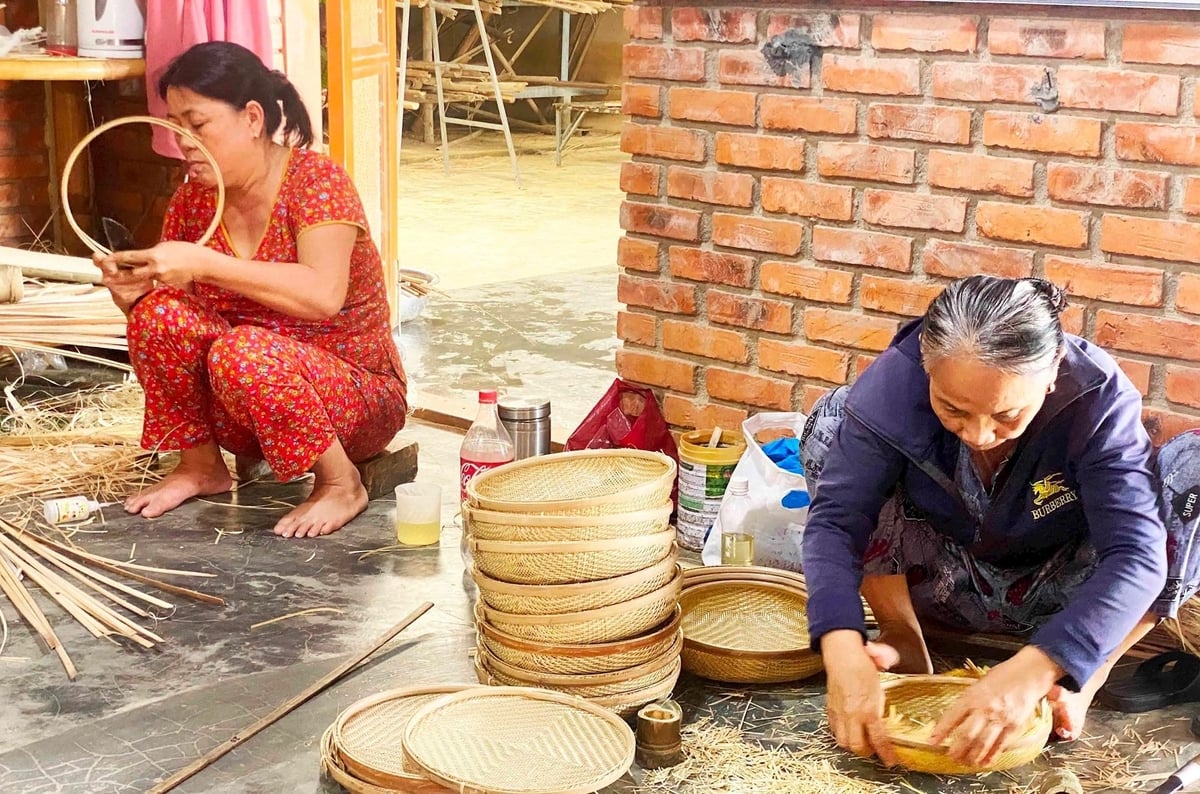
Farmers at Bao La Bamboo and Rattan Cooperative are hard at work. Photo: Van Dinh.
After many years of development, Bao La Bamboo and Rattan Cooperative currently has more than 500 different designs created by "barefoot" artisans and annually develops many new designs that are more valuable and suitable for the market.
Bao La rattan and bamboo products are made mainly from locally available bamboo and rattan materials, which are very environmentally friendly. From decorative lanterns of all kinds, historical relic models, souvenirs, handbags to everyday household items such as baskets, table covers, rice trays, tea trays, sunshades, etc. to sell to tourists , hotels, restaurants, and cafes. Among them are "works of art" simulating famous landmarks, typical of Hue, such as Thanh Toan Tile Bridge, Hue Citadel, Thien Mu Pagoda, and Truong Tien Bridge.
Thanks to the locally available raw materials, the cooperative quickly attracted a large number of workers, especially women during the off-season. Not only does it create stable jobs, this business model also contributes to reducing waste and protecting the sustainable environment.
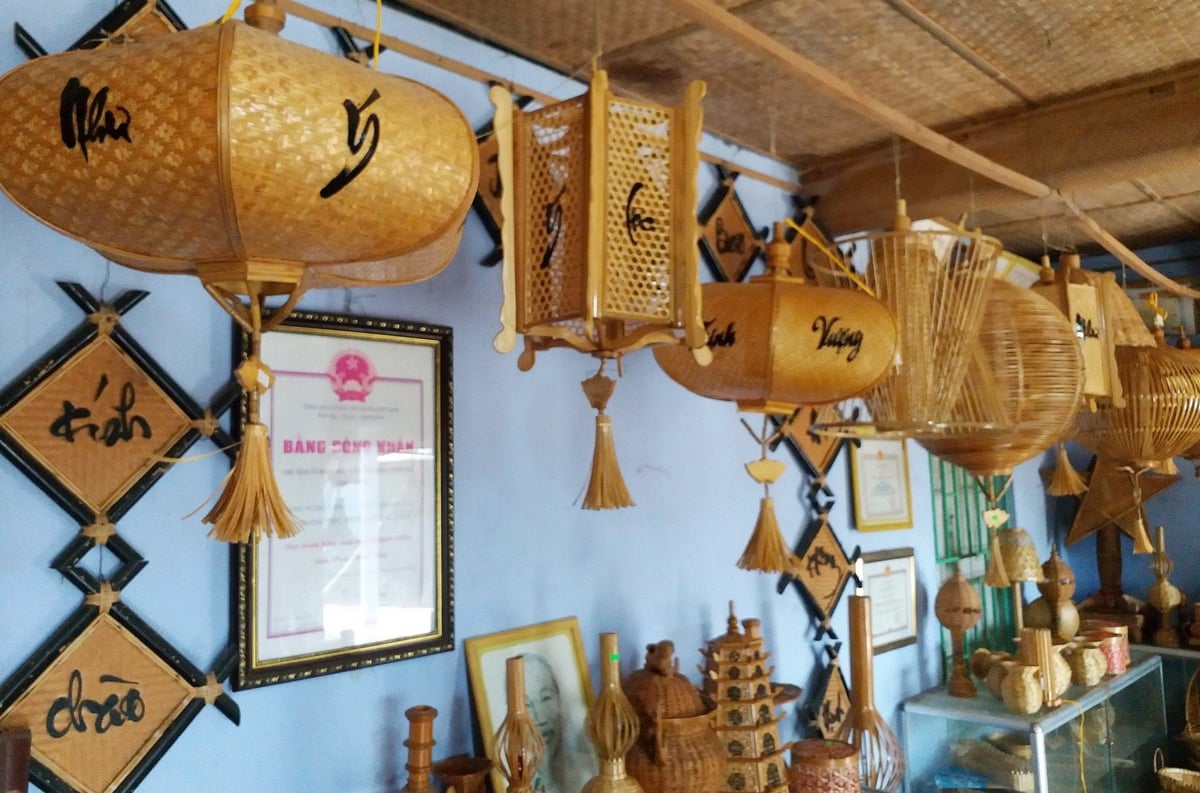
Products at Bao La rattan and bamboo cooperative are mainly made from bamboo, which is environmentally friendly. Photo: Van Dinh.
Bao La is now famous, attracting many people from all over to come to see the workers diligently making bamboo and rattan products, then freely choose the products they like to buy as gifts and home decorations. Many tourists after traveling along Tam Giang lagoon through Dan Dien commune also come to the cooperative to learn about the bamboo weaving craft.
To bring OCOP products far and wide
Thanks to the shift towards commodity production linked to the value chain to meet market demand, every year, import-export enterprises in Hanoi and the Northern region sign contracts to purchase Bao La Cooperative's products for export to foreign countries such as Thailand, the US, China, Japan, etc., thereby creating stable and long-term consumption.
Mr. Thai Nguyen, a skilled craftsman in Bao La craft village, said that he still remembers the first time the cooperative signed a contract with the Korean Traditional Craft Village Association, bringing 50 designs and products of Bao La rattan and bamboo weaving village to Korea for display and promotion.
“At that time, we were very worried, but after learning that the products of the craft village were loved by business owners and people in the neighboring country, bought for decoration and use, we were very excited. Since then, the products of the craft village have become more known to tourists,” said Mr. Nguyen.
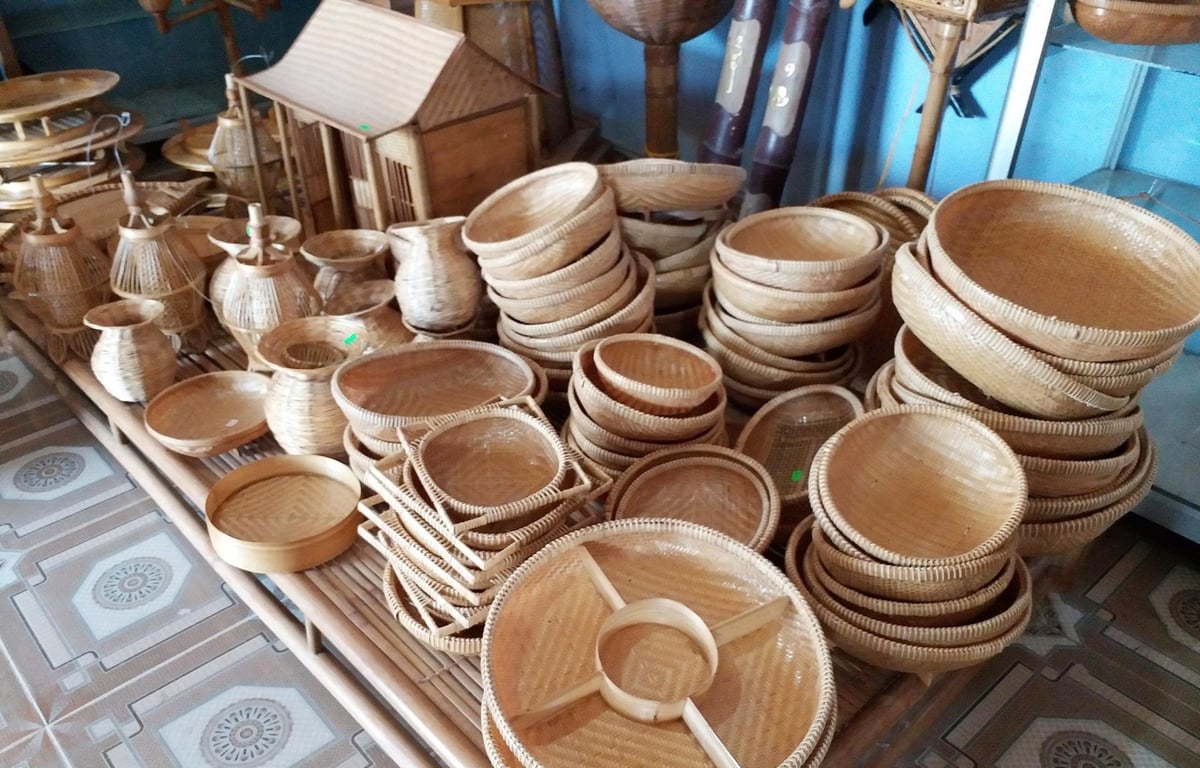
Bamboo and rattan products are not only consumed domestically but also exported. Photo: Van Dinh.
Mr. Vo Van Dinh, Chairman of the Board of Directors of Bao La Bamboo and Rattan Cooperative, said that the annual revenue of the cooperative exceeds 5 billion VND, with exports alone bringing in an average of 300 million VND per month. In addition, the cooperative also serves tourists and local people, thereby creating regular jobs for more than 100 workers with an income of 4-6 million VND/month.
“The set of decorative lamps, baskets and trays of the Cooperative has been recognized as a 4-star OCOP product at the city level. In order to strive to soon have the Central Government recognize the village's products as 5-star products, the Cooperative is constantly improving product designs and actively producing to meet consumption demand. Many domestic rattan and bamboo weaving villages have also come to the Cooperative to learn from its experience and "witness" its unique and sophisticated products,” Mr. Dinh shared.
The 4-star OCOP certification is a testament to the superior quality of Bao La rattan and bamboo products, meeting strict criteria on origin, production process, product quality and uniqueness in design. This is the pride not only of the Cooperative but also of the local people, contributing to affirming the position of the traditional craft village in the market.
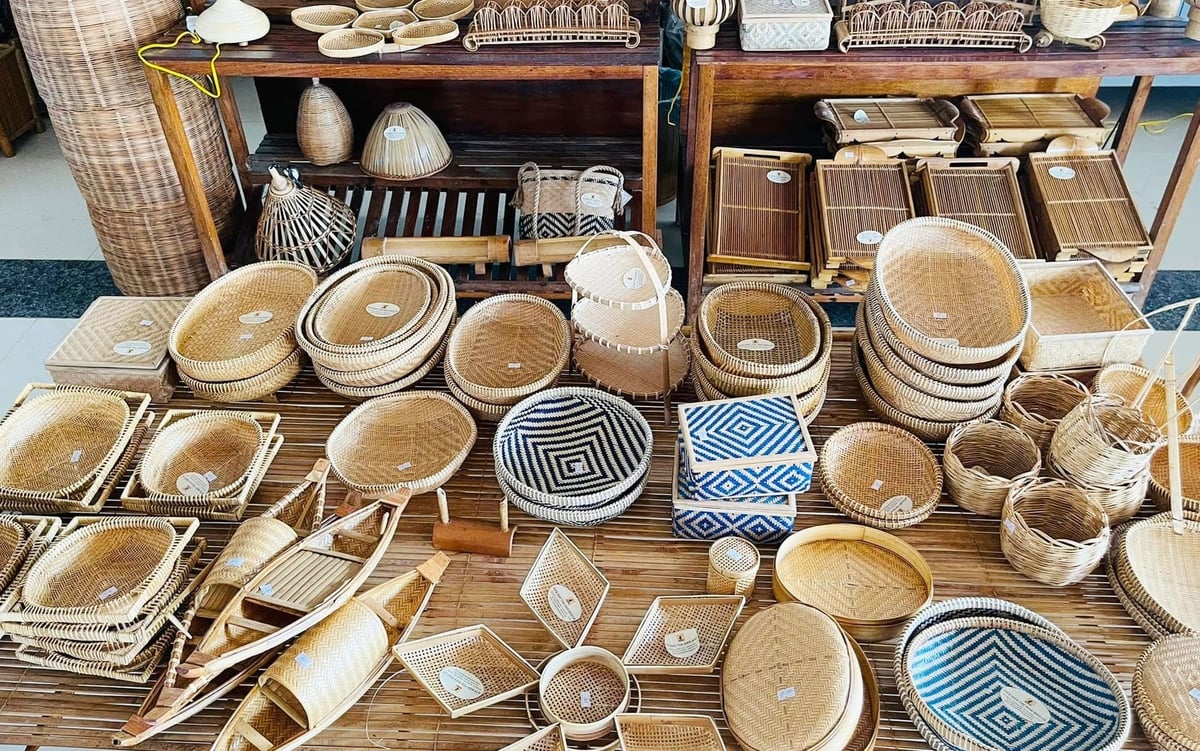
Building cooperatives associated with value chains is a breakthrough to raise the level of OCOP products of Hue City in general and Bao La bamboo and rattan cooperative in particular. Photo: Van Dinh.
Recently, along with the implementation of the OCOP program to develop production, with the support of all levels, Bao La rattan and bamboo cooperative has built more exhibition houses, production workshops, warehouses and invested in infrastructure renovation, planted landscape trees to connect with tourist tours, built a product quality management system and increased participation in trade promotion activities.
Bao La traditional rattan and bamboo weaving village has been awarded a certificate of right to use the "Hue handicraft product identification seal" by the Department of Industry and Trade of Hue City. Bao La rattan and bamboo weaving cooperative is also honored to receive many certificates of merit from the Ministry of Industry and Trade, the Ministry of Agriculture and Rural Development (formerly), the Vietnam Cooperative Alliance, the Emulation Flag of the People's Committee of Thua Thien - Hue province (formerly), typical advanced cooperatives... In 2023, the baskets and decorative lights of Bao La cooperative were selected by the Organizing Committee of typical rural industrial products in the Central - Central Highlands region to compete in the national rural industrial products competition.
“In the coming time, the Cooperative will continue to maintain the direction of producing goods associated with the value chain to meet market demand, train staff, tour guides and workers in the Cooperative on how to welcome visitors. Regularly open vocational training classes to develop more highly skilled human resources, increase income for workers,” Mr. Dinh affirmed.
It can be said that building cooperatives associated with value chains is not only the right direction but also a breakthrough to improve the OCOP products. When cooperatives proactively connect production with the market, improve quality and build brands, the products not only "stand firm" in the domestic market but also have the opportunity to reach out to the world. This is the foundation for sustainable collective economic development, contributing to the transformation of agricultural structure towards modernity, improving income and life for people.
Source: https://nongnghiepmoitruong.vn/xay-dung-ttx-gan-chuoi-gia-tri-dua-ocop-vuon-xa-d774370.html





![[Photo] Unique architecture of the deepest metro station in France](https://vphoto.vietnam.vn/thumb/1200x675/vietnam/resource/IMAGE/2025/11/14/1763107592365_ga-sau-nhat-nuoc-phap-duy-1-6403-jpg.webp)


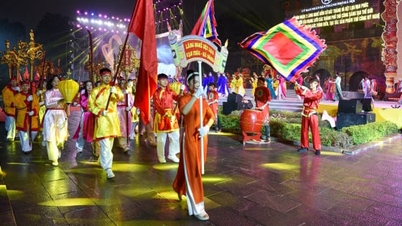



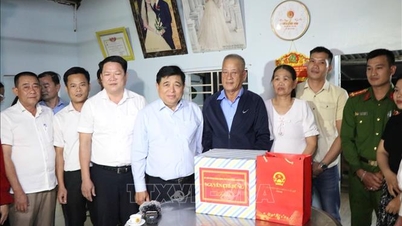



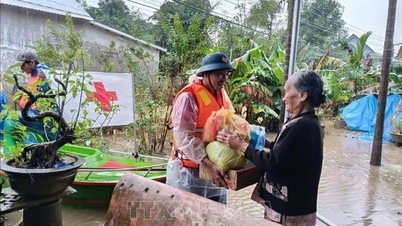
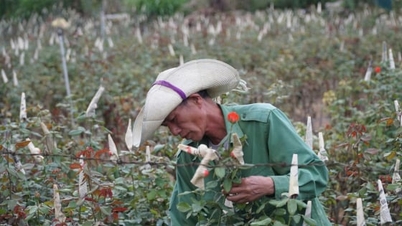
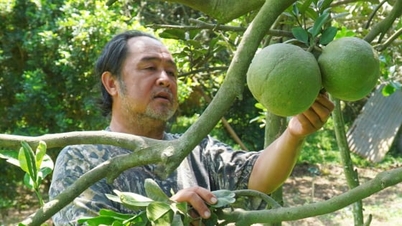
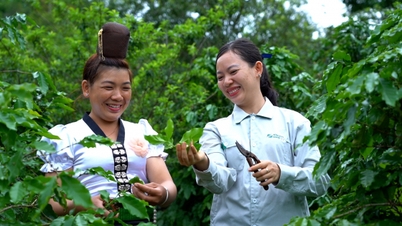
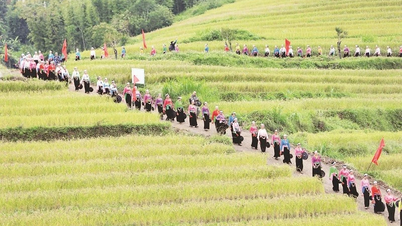

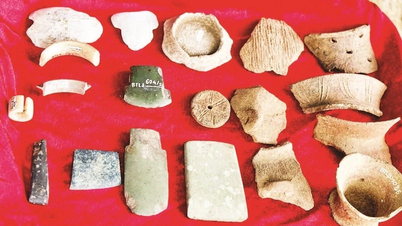
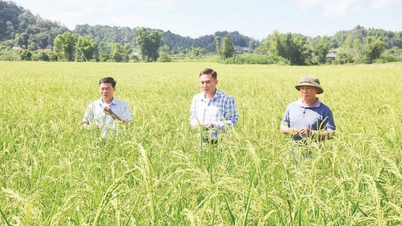




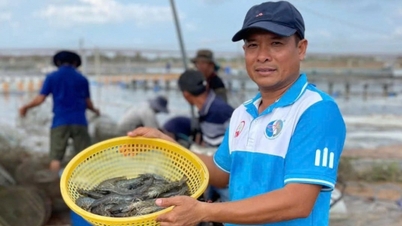
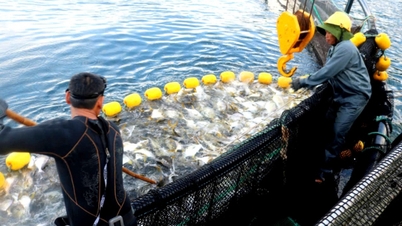
![Mastering knowledge to reduce poverty: [Part 2] Turning poor land into lemon export areas](https://vphoto.vietnam.vn/thumb/402x226/vietnam/resource/IMAGE/2025/11/14/1763126816333_dsc09931-063844_241-202610.jpeg)
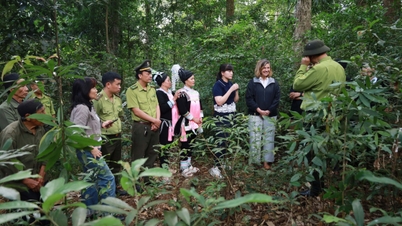
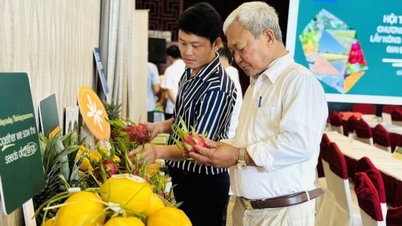
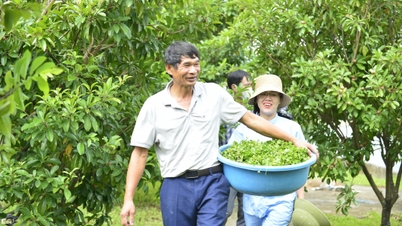
![[Photo] Special class in Tra Linh](https://vphoto.vietnam.vn/thumb/1200x675/vietnam/resource/IMAGE/2025/11/14/1763078485441_ndo_br_lop-hoc-7-jpg.webp)
![[Photo] Unique art of painting Tuong masks](https://vphoto.vietnam.vn/thumb/1200x675/vietnam/resource/IMAGE/2025/11/14/1763094089301_ndo_br_1-jpg.webp)









































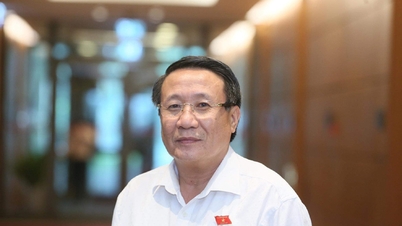





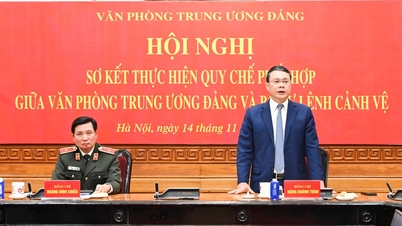


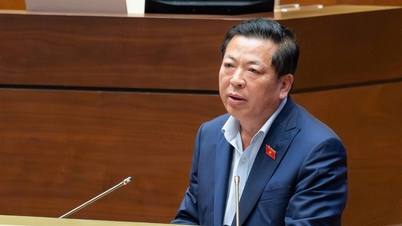

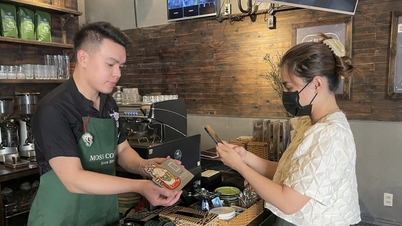





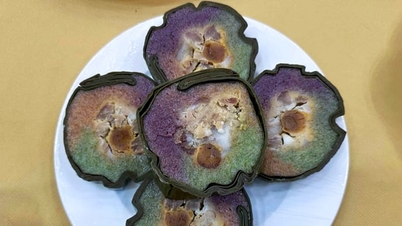













Comment (0)